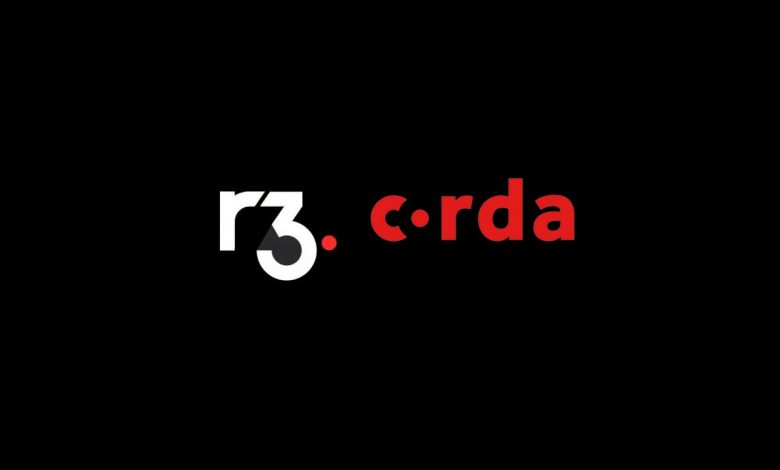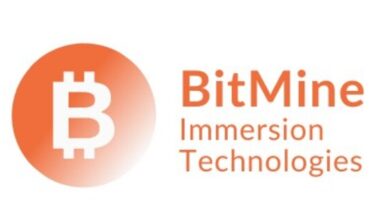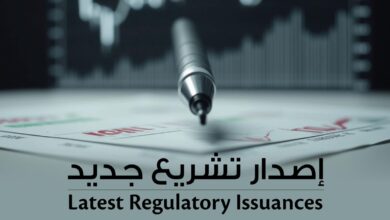CBDCDeFiFeaturedGovernmentMENA NewsPlatform newsSecurity Tokens
R3 supports Fintech and Blockchain startups in the Middle East

David Vatchev, Venture Development Lead at R3, shared with us some more on their recent partnership with Qatar Fintech Hub, their work in supporting the blockchain innovation ecosystem in the Middle East, some key challenges blockchain start-ups are currently facing and the future potential opportunities.
Could you tell us a bit more about R3 and your role in the blockchain ecosystem?
R3 is an enterprise software firm, initially started as a consortium to explore how blockchain could be leveraged by the world’s leading banks. Today, industry-wide collaboration remains at our core and we lead the world’s largest blockchain ecosystem with over 350+ highly regulated firms, regulators, leading cloud providers, global systems integrators, ISVs and tech firms. Our enterprise distributed ledger technology (DLT) platform Corda delivers trusted data exchange between parties, while our confidential computing platform Conclave enables customers to share and process data without compromising on confidentiality.
Can you tell us more about your Venture Development Program?
Our Venture Development program helps early stage blockchain start-up find Product-Market Fit. The continuous program serves as a gateway into the R3 ecosystem, connecting start-ups to enterprise customers, corporate partners and global network of mentors and investors. It is a cost and equity free program is supported by an international team of industry experts, devoted to helping start-ups get to market faster.
Very interesting and how you are supporting startup innovation within the Middle East?
Adoption of new technology is often driven by innovative startups, and the recent growth of emerging tech adoption within the Middle East is a shining example of this. However, it takes time to develop, deploy and build a user-base for new technology, putting even the most innovative businesses under short term operating and financial pressure. Our program supports blockchain startups in validating their idea and getting production- ready fast, to accelerate their Go-To-Market (GTM) strategy for customer acquisition. Some examples of the startups driving the innovation within the Middle East that we are supporting include:
Instimatch Global – The money markets fintech network, connecting borrowers with lenders within the huge unsecured money markets, providing more efficient access, better pricing and the ability to diversify counterparty risk.
Wethaq – The next generation of financial market infrastructure to enable issuers, investors, central banks and regulators to seamlessly transact in Islamic capital markets.
eTaxChain – Leveraging blockchain to eliminate manual value added tax processes bringing significant efficiencies to companies, banks, tax regulators in the MENA region.
Deposit Book – The global wholesale deposit marketplace providing an open banking solution in the $21 trillion wholesale deposit market, enabling efficient liquidity management
These are just some of the innovate blockchain startups addressing critical pain points in the MENA region and beyond, with our recent partnership with Qatar Fintech Hub (QTHB) we look forward to supporting even more.
Can you please tell us more how you plan to collaborate to support MENA FinTech innovation?
The QTFH brings together a vibrant community of FinTech entrepreneurs, industry experts, regulators and investors. Their programs were developed by Qatar Development Bank in collaboration with EY to support the growth of local and international FinTechs.QFTH has collaborations with financial institutions, universities, technology partners, industry experts and others to offer the best global opportunities.
As one of QFTH’s key program partners, we at R3 brings their community of FinTechs a wide range of opportunities and knowledge. We welcome such opportunities to help support blockchain innovation development within the MENA and look forward to continued collaboration opportunities.
What are some of the key elements of the most successful FinTech blockchain solutions?
Above all else, deliver customer value and solve a real problem. The blockchain (or indeed any other tech) is the mean, not the goal. The number 1 reasons startups fail is “no market need”. , Tthis can avoided from the start by validating your offering with customers, before your start building your stack.
The unique features of blockchain have the potential to continue benefiting the finance industry significantly, offering many new opportunities from blockchain FinTechs. Here are some examples of the key challenges faced by traditional financial institutions, and the potential blockchain FinTech Solutions:
Centralised Security:
Financial services all across the globe are still centralized, with data stored in centralized databases. With blockchain transparency and security can be ensured simultaneously.
Risk Management:
Counterparty risk, especially with high volume activities likes loans, remains ever present. With blockchain peer-to-peer (P2P) transactions can be enabled, eliminating the need for intermediaries. Moreover, smart contracts can ensure transaction settlement if fast and secure.
Automation:
Many areas of activity in banks and asset management firmsers, such as collateral mobility and trade settlement, have limited automation and standarisationstandardisation protocols. Blockchain solutions are streamlining these processes and creating immutable and transparent workflow systems.
Finally, what are some of the key trends you are witnessing in the blockchain startup innovation space for 2021?
This year has been off to a strong start, driven by renewed interest in blockchain technology and digital currencies from consumers, industry and government leaders.
Some highlights of the standout trending topics we are witnessing include asset tokenisation: Digitising money, music, art, real estate…even events in timeevents! To unlock value and create liquidity, Central Bank Digital Currencies: More banks continue to enter the CBDC conversations and the recent announcement from the Office of the Comptroller of the Currency (OCC) lays the groundwork for banks and the supporting payments infrastructure, Environmental Impact: Blockchain is enhancing ESG via trusted secure data sets, and this is finding applications inwith in carbon offsetting and impact investing.
Tech convergence: Startups are merging Internet of Things (IoT) to captures data, a DLT layer to add security and trust, an Artificial Intelligence (AI) engine to optimise data and Machine Learning (ML) to improve future outcomes, Identity: The global pandemic has illustrated the fragility of supply chains and inability to verify people, objects, payments and events within many established industry verticals and “Enterprise Decentralised Finance” (DeFi): The growth of DeFi is maturing toward a greater governance model allowing a wider inclusion of participants.





